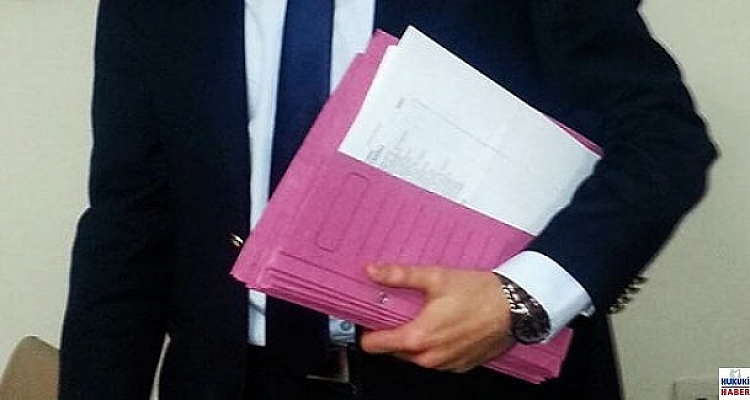
There are two types of execution follow-up process, with and without a decision. The follow-up initiated based on the decision of a court authority is called judicial execution. Execution without a decision also does not need to be based on any court decision or a bill of exchange. This is the way to apply for any money that will be received.
The biggest difference between Decriminalized execution and non-decriminalized execution is that there is no institution of appeal in the decriminalized execution due to the existence of a court decision. The debtor cannot object that he has no debt in the enforcement proceedings. The objection must be made at the trial stage in the execution of the judgment. No objection can be made at the execution stage after the verdict.
The subject of what you will receive in execution without an order must be that you will receive money or collateral. Execution without a decision is the first way to apply in the absence of strong evidence to prove that the creditor is a creditor. Since it is open to abuse by the creditor in execution without a decision, the provision of the law has given the debtor the right to object and stop the proceedings.
How is an Appeal Made in Execution Proceedings Without a Decision and How Long is the Appeal Period?
There is an objection institution in the execution without a decision. Because in execution without a decision, an application for execution can be made even without relying on a document. The debt is not paid within the time limit and the objection is applied to the institution. The appeal must be made within 7 days from the notification of the execution document on the pay order. If both the debt is not paid and the objection is not challenged, it is obliged to declare the property. If there is no objection to execution without a notice within 7 days and payment is not paid, a direct seizure can be made without going to court, since the follow-up is considered finalized. If the debtor objects despite the fact that he is a debtor, there will be an enforcement denial compensation. Upon the debtor’s objection, the creditor must file a lawsuit to remove the objection within a period of 6 months. In the case in question, the burden of proof is on the creditor.



























